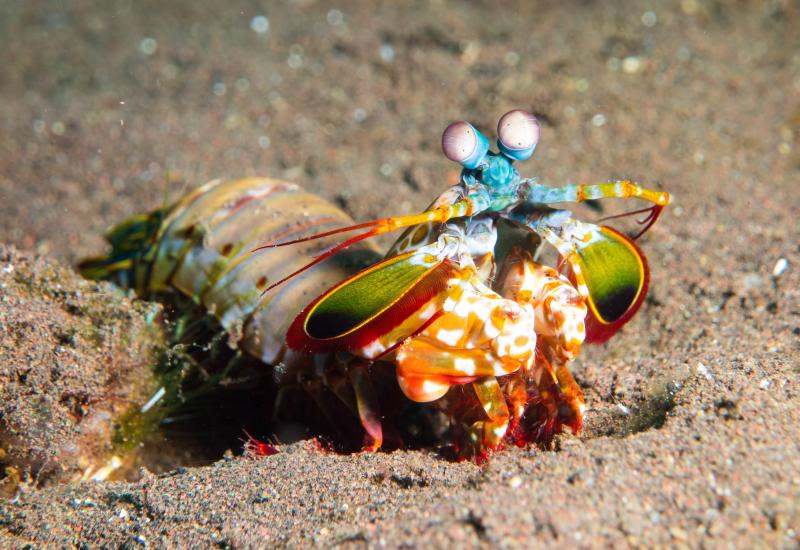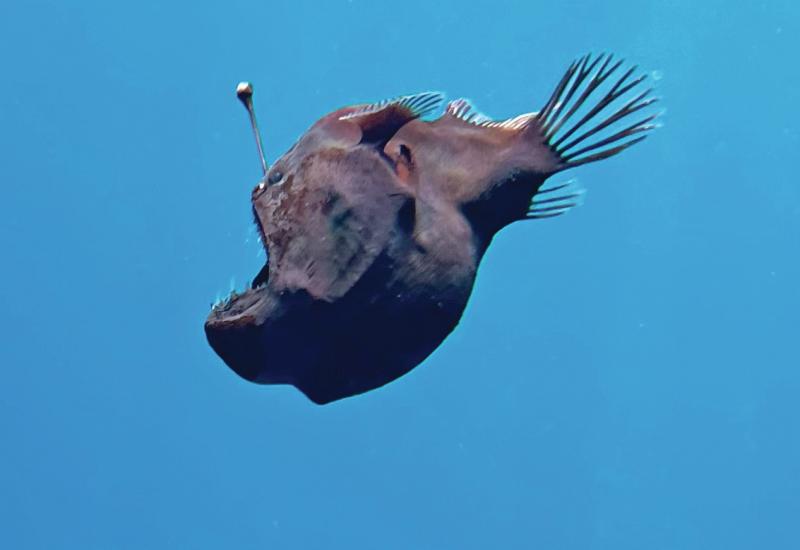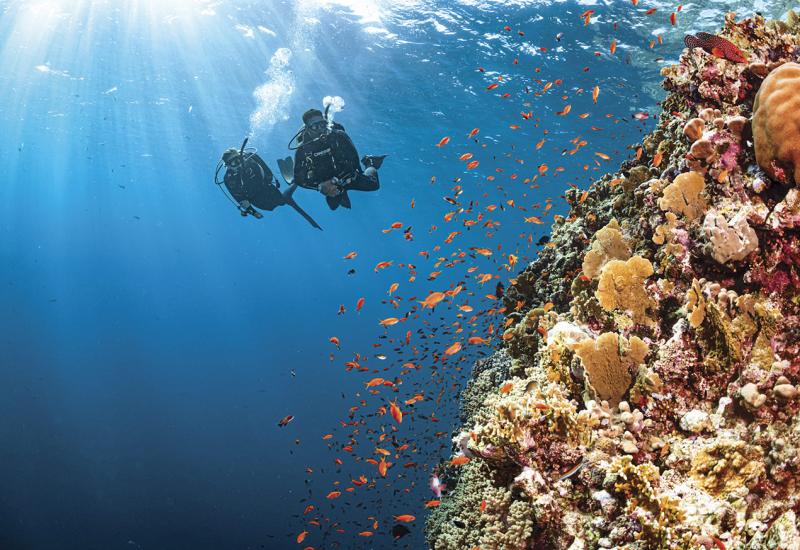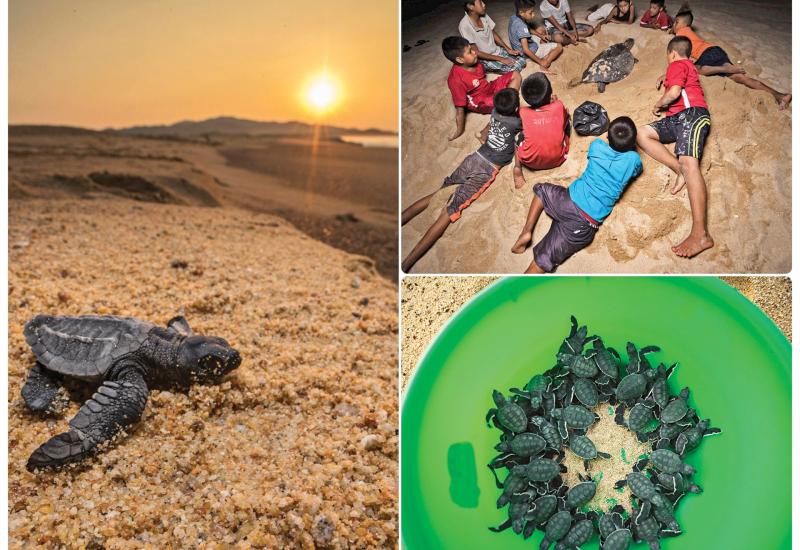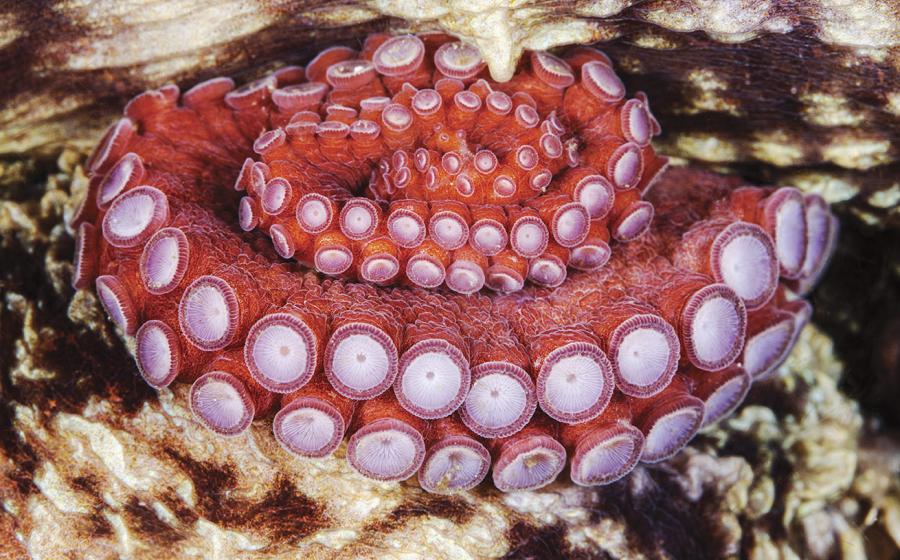Pioneering Explorers Sylvia Earle and Mireya Mayor on How Exploration Powers Conservation
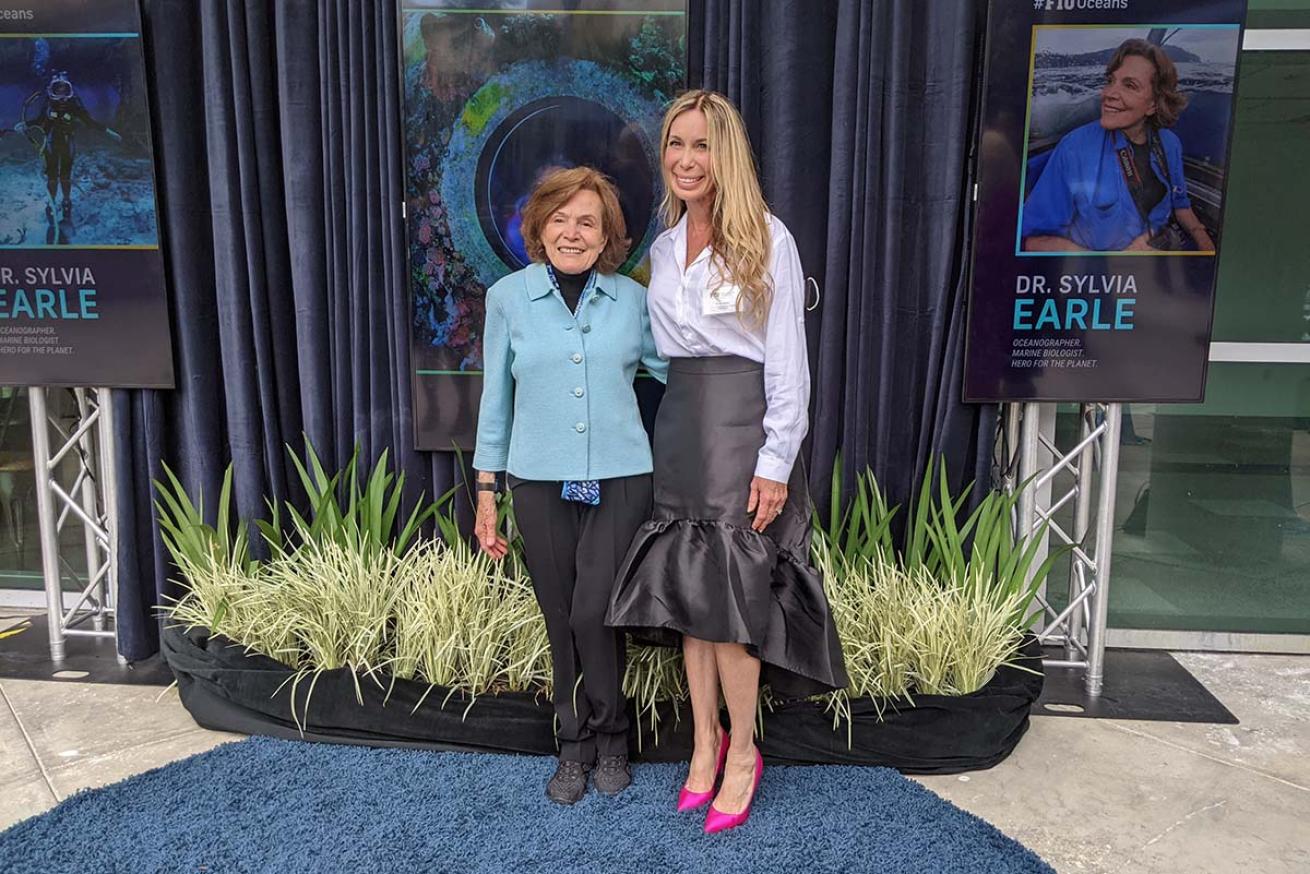
Tiffany Duong/Ocean RebelsNational Geographic explorers Sylvia “Her Deepness” Earle and Mireya “Her Wildness” Mayor helped award early career grants to young female explorers in November.
“My mother was 81 before she put on a mask and fins. Afterward, she really scolded me, saying, ‘Why didn’t you get me into the ocean sooner?’” Sylvia Earle, the pioneering oceanographer and National Geographic Explorer-in-Residence known as Her Deepness, laughs at the memory. “If she were here, she’d say: ‘If you're 81, don’t wait any longer. Put a mask on your face the earliest age you can.’”
Exploring came later in adult life for Miami Dolphins cheerleader-turned-primatologist Mireya Mayor. An early-career grant for a South American expedition kicked off her scientific career; she’s been traversing jungles and fields in search of rare and elusive primates ever since.
“I grew up with very little means,” she says. “My family is Cuban immigrants, and I had never traveled…. I’d never been out of the country before that. To be honest, I’d never even been camping!”
Many of the primates Mayor researches have never been studied, and some never photographed or even described. As a National Geographic explorer and wildlife correspondent, Mayor co-discovered the world’s smallest primate, a species of mouse lemur from Madagascar. Mayor’s adventures have, like Earle, earned her honorifics: “Her Wildness” and “The Female Indiana Jones.”
Sitting down with Scuba Diving magazine, these two pioneering explorers share lessons from lifetimes in the field.
Exploration Powers Conservation
Conservation and exploration are inextricable to both women. Exploration leads us to new places, animals and discoveries, helping us to understand the relationship between humans and the natural world, says Mayor. Then conservation comes in to protect these places, animals and people, to make sure those worlds thrive together. And both agree: Reverting our course back toward a thriving planet will require swift, collective action and drastic mindset shifts.
“Humans going into oceans is what has had a transformative effect on the nature of oceans, on the nature of nature,” Earle says. “I am a witness. I come from the pre-plasticene.”
Earle—who has spent more than 7,000 hours underwater since learning to dive in the 1950s —never used to encounter debris like chip bags, or the microplastics that now permeate the food we eat and the water we drink.
“How do we fix what we have created?” she asks.
“Humans are inextricably a part of the problem that we're facing with the natural world. But we are just as inextricably connected to the solution,” Mayor offers. “There are solutions. There is hope.”
Creating actual, beneficial change for the planet and people will require every individual to make conscious decisions every day that contribute to a much healthier planet, the women note. This can be as simple as planting more wildflowers and native trees in your backyard to help sustain bee populations or eating less meat to help the climate, Earle suggests.
“When we can integrate the importance of protecting nature into our being, into our ethic, then we humans can recover health as the planet recovers,” she says. Mayor suggests an even more fundamental shift.
“Realize how little we really need,” she says. “I’ve spent most of my life in some of the poorest countries in the world, with people western society would deem to have little to nothing. And yet, they’re not just surviving, they’re thriving…. I learned: We don’t have to waste and over-consume, and we can still be happy. The things that really matter in life are not things.”
For both, the time to act is now. “We’re right at that critical moment when we know enough and care enough that we might save ourselves by saving nature, just in time,” says Earle.

